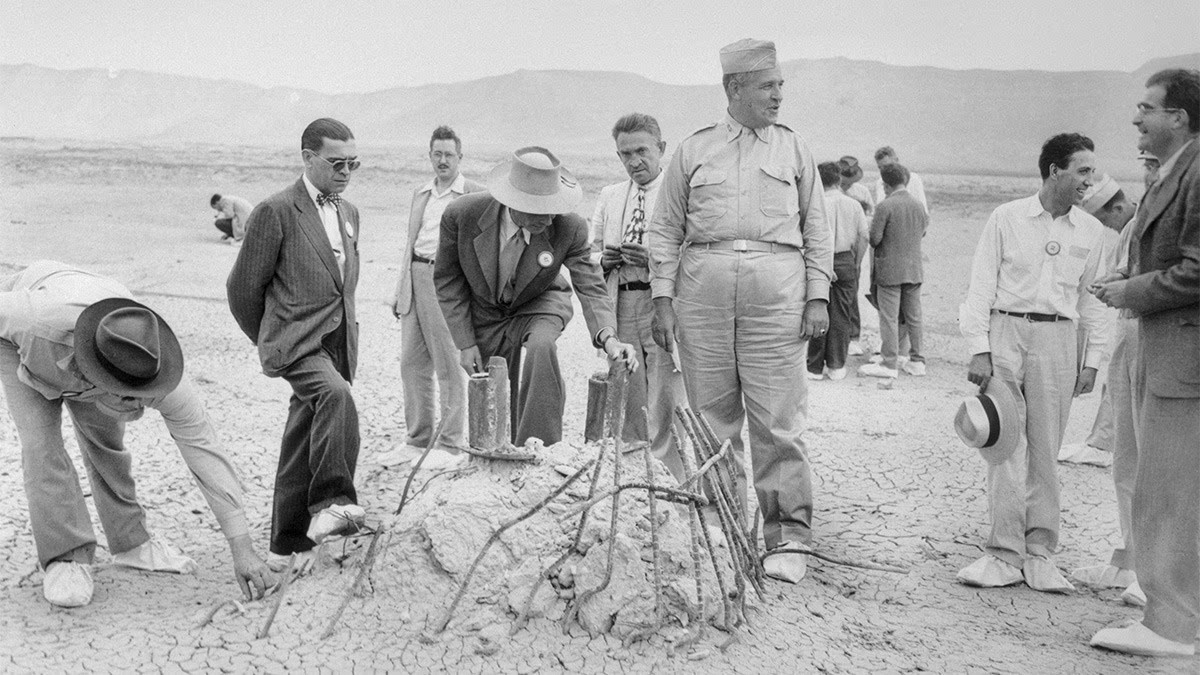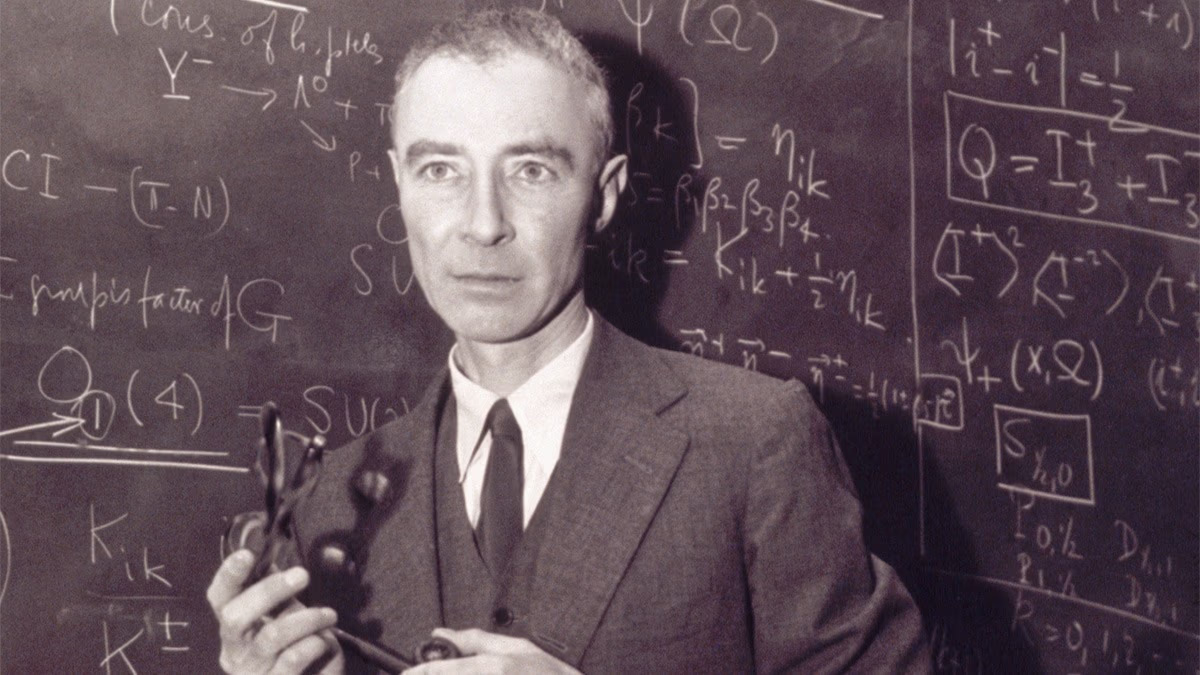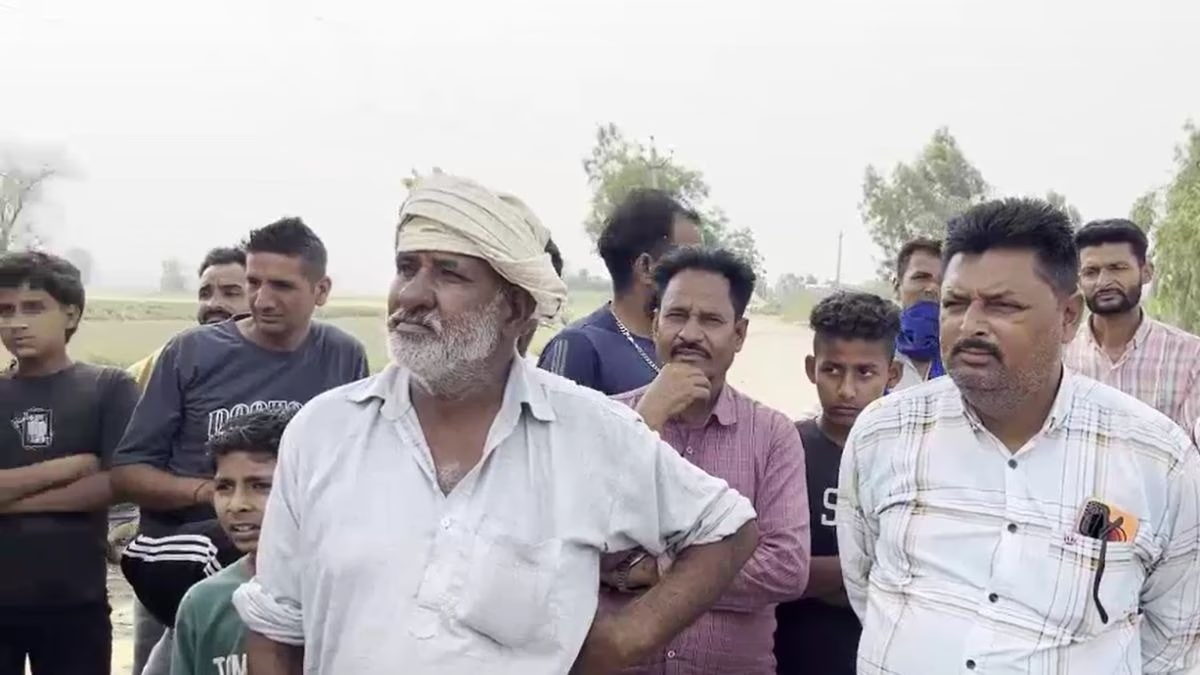The world has long observed India's patience against terrorism emanating from Pakistan. However, in a bold move, India launched Operation Sindoor against terrorism, obliterating nine terror hubs on Pakistani soil, which escalated tensions between the two nations. The global community remains apprehensive about the friction between these nuclear-armed adversaries. Given Pakistan's nuclear threats, it's worth reflecting on the life of J. Robert Oppenheimer, known as the 'father of the nuclear bomb'. Learn about his story and its profound lesson...
On a historic morning in July 1945, New Mexico's desert was lit by a brilliant flash—this was the 'Trinity Test', the world's first nuclear explosion, orchestrated by none other than J. Robert Oppenheimer. While he is renowned for this scientific victory, his tale is also one of immense regret, ethical inquiries, and a profound sense of responsibility towards humanity.
Oppenheimer famously proclaimed, 'I am become Death, the destroyer of worlds', a reflection of the Hindu scripture he pondered during the Trinity Test. His life reminds us of the double-edged nature of scientific advancement—capable of both astounding progress and devastating destruction.

Source: aajtak
Born on April 22, 1904, in New York, Julius Robert Oppenheimer was a formidable intellect. With a degree in chemistry from Harvard and a Ph.D. in physics from the University of Göttingen, his contributions to quantum mechanics were groundbreaking—a testament to his unparalleled genius.
During the heights of World War II in 1942, the U.S. initiated the Manhattan Project, aiming to develop a nuclear bomb before the Nazis. Oppenheimer spearheaded this mission, rallying thousands of scientists at Los Alamos. His leadership led to the successful Trinity Test on July 16, 1945, marking a pivotal moment in history, albeit fraught with moral and ethical challenges.
Post-war, the bombings of Hiroshima and Nagasaki, which claimed close to 200,000 lives, left Oppenheimer deeply remorseful. Initially celebratory, Oppenheimer's conscience was later heavily burdened by the killings. In an October 25, 1945 meeting with U.S. President Harry Truman, Oppenheimer admitted, 'I feel we have blood on our hands'. Truman dismissively retorted, 'The blood is on my hands, not yours', branding him 'the crying scientist'.
Spurred by devastation, Oppenheimer's post-war advocacy against nuclear proliferation was vocal. Appointed as chairman of the U.S. Atomic Energy Commission's General Advisory Committee in 1947, he supported international control and transparency, opposing the hydrogen bomb, which was a thousand times more destructive than its predecessor. This stance made him a target during the McCarthy era, resulting in the revocation of his security clearance in 1954, effectively ending his career. Despite this, Oppenheimer's legacy persists—his story a reminder of the delicate balance between technological advancement and ethical responsibility.
In light of current tensions between nuclear neighbors India and Pakistan, many nations express grave concern. Both countries possess massive arsenals; it's imperative to navigate this complex geopolitical landscape with wisdom and restraint. The message from Oppenheimer's life is clear: control and transparency of nuclear capabilities are vital in safeguarding humanity's future.
Though Oppenheimer never formally apologized for the bombings, his life was a constant quest for redemption and evolution. He succumbed to throat cancer in 1967 but left behind a narrative that continues to resonate and educate. His life underscores the dual capacity of science to create unparalleled benefits or catastrophic harm. As the world advances, Oppenheimer's cautionary story reminds us of our collective responsibility to govern our destructive capacities wisely.




